
It’s 3:30 pm. The sound of the train deafens. We are in San Pedro de Montes de Oca and the traffic reminds us of that
An instant later, the noise disappears and a cozy room receives us. We go up the only steps in the entire house. There are five. And then, silence, peace, corners full of history.
Flora Sobrado Rothe, or Aunt Florita, is the protagonist of this space.
She smiles at us while she boasts about her good health as she climbs the stairs.
Everything flows between us. She is considered the most recognized chef in Costa Rican cooking, and a great conversationalist. Stories come up, one after another. Giving cooking monologues in front of the cameras during her 42-year trajectory gave her the gift of gab: More than 1,000 programs, 10,500 recipes, and hundreds of hours of recording.
She was born in 1927 in Liberia, Guanacaste. She turned 90 years old in April, but her lucidity and her physique fool visitors.
“My grandfather, a large Spanish man with reddish hair, passed his money on to Dad. So he bought a property and called it San Juanillo. My infancy was on a farm located between Nosara River and Marbella River. It had 11 kilometers of coastline.”
She grew up with her three sisters, her mother, her father, the farmworkers and service people that helped maintain the farm and the family businesses: Exporting wood to Peru and planting rice.
“Dad cleared the fields and built his pasture. Those men of the old days were like Robinson Crusoe. Real titans.”
Not a single square meter of those family terrains is left. She says that several people started taking over her father’s land without authorization, with the backing at the time of Daniel Obuder’s government and later with the support of “Pepe” Figueres. That’s the memory of Guanacaste that Ms. Flora doesn’t want to talk about; the one that she wants to forget.
“Imagine that those people from the government come and say, ‘The land doesn’t belong to the person who owns it, rather to the person that needs it.’ Dad ended up with nothing at the end.”
Fortunately, the good memories outweigh the bad.
Ms. Flora started her education in the province of Guanacaste. Her mother, who was a teacher, brought a colleague to the farm so she and her sisters could get an education. She taught them to read and write, all within the four walls of that L-shaped house with a cistern in the center to collect water.
“We used to study on the farm, but then we went to the Peru school (near the Morazán Park) to take entry exams. I don’t know how, but they accepted us and we did well. They prepared us well!”
For a second, we are interrupted because a man showed up at Ms. Flora’s house to buy some books from her, some of the many that she wrote. He wants her to autograph one.
“Such is life,” Ms. Flora’s assistant of ten years tells us.
Aunt Florita lived in Guanacaste until she was six years old, if her memory serves her right. She traveled to San Jose with her mom and her sisters to finish high school. But that didn’t separate her from the province for long.
“With my second husband, Max Echandi (whose last name she kept) I got to see Guanacaste inside and out. He had a trailer and driving out to the beach to cook was all the rage. I adore Guanacaste. I was born there. It’s in my veins. Back then, with Max, we spent every weekend there.
And in the kitchen
Ms. Flora de Echandi says that the province influenced her plates, and that seeing her mother’s strength on that farm preparing food is what brought her into the kitchen. It stuck with her for the rest of her life.
“They put me in the kitchen at a young age and made me mill and palm in the air (she raised her hands and showed us how). After all that, you go out and prepare the rice and corn and the seasoned chicken, the empanadas, the stew, the crystalized papaya, the coconut cookies and all of that.”
From her childhood she remembers the taste of condensed milk that “already existed back then.” She still has the picture of when a boat used to pass by and drop off sugar and other ingredients on the farm, and pictures of the ceremony they’d have when they prepared bread and every meal.
“I remember seeing Mom singing, and baking bread or cake. She used to say that you had to stir it 600 times this way (right) and 600 times that way (left) in order to properly mix the sugar with the butter.”
Her past, her present
After a while she started to prepare her mother’s recipes. She made note of each step and each ingredient with enviable precision. Based on those notes, she published her 16 recipe books and multiple brochures.
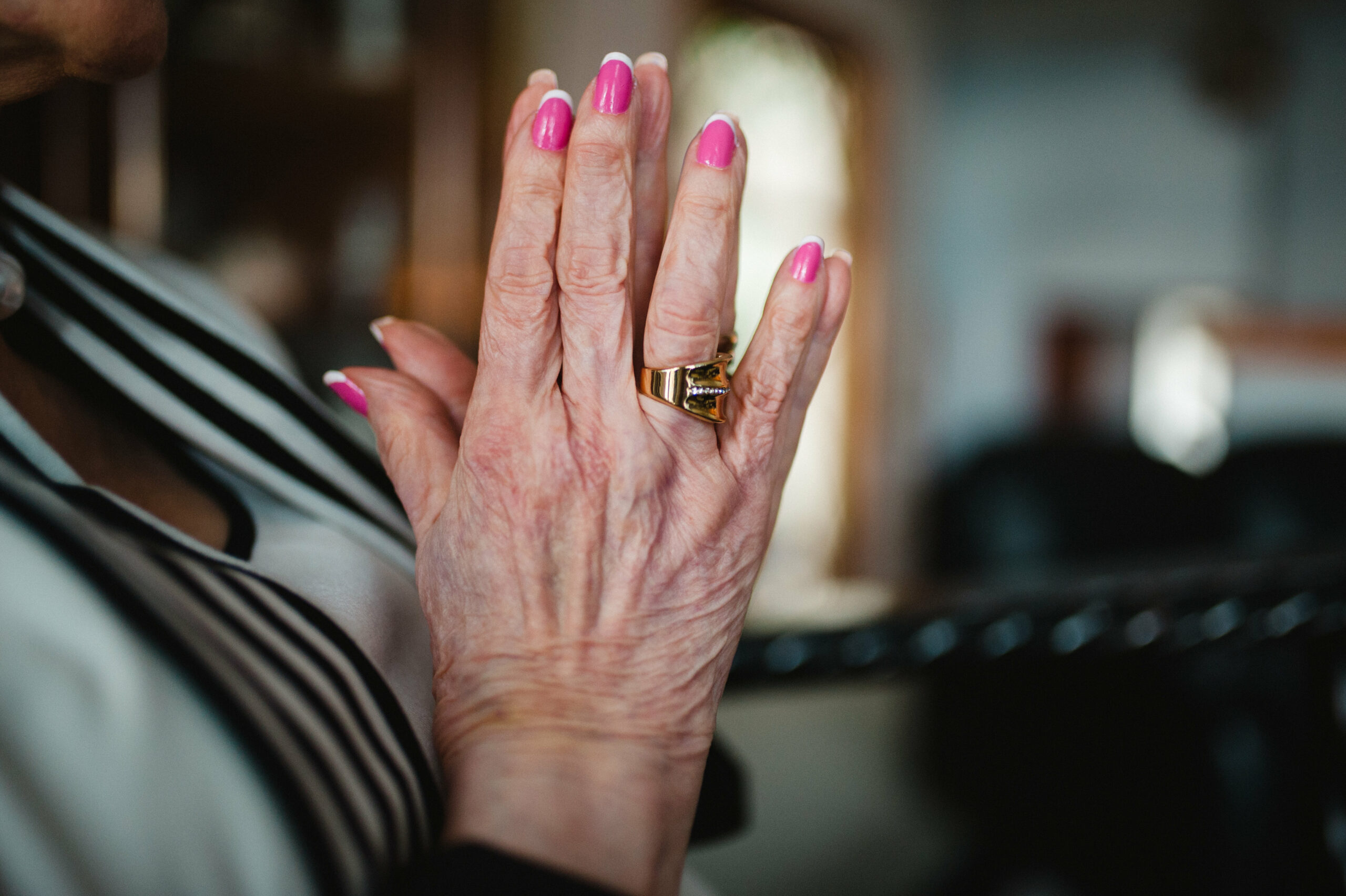
Photo: Eka Mora
“I didn’t study, I don’t have a profession and I never went to Paris. I read and I read and I tested and tested. I wrote down everything I did, and that was the secret.”
As if she were an apprentice, Ms. Flora continues to demand the best of herself. Today she thinks about social media and how to bring her recipes to the digital world. She’s entrepreneurial by nature, and untiring.
Adapting herself to modern times has become a part of what she learned to do best: her show. Cooking with Aunt Florita is still on the air. After having a slot on channels 11, 7 and 3 it is today transmitted on channel 33 (Xpertv).
Being restless, demanding, disciplined and perfectionist is, according to her, what allowed her to continue being what she once recognized in her book Celebrity Chef in 2009: One of the best chefs in the world.
What has been her greatest legacy?
“More than a legacy it’s a satisfaction. Everything I did, I didn’t do it intentionally. I didn’t have a vision. It started happening and I kept adjusting. But I think it would be influencing small businesses, motivating women to be entrepreneurs. Women used to say to me that they learned how to bake and then sold their goods, and contributed a little bit of money to the household. I never even imagined doing that.”
From the Guanacaste that received her grandparents and watched her father grow up, she learned courage. From the Guanacaste that made her mother “a grand lady,” one of those that know how to cook, iron, and dress elegantly, she was given the taste for the kitchen. And from the province that, just because, gave her the temperament to face a different life for women of her era, full of success.


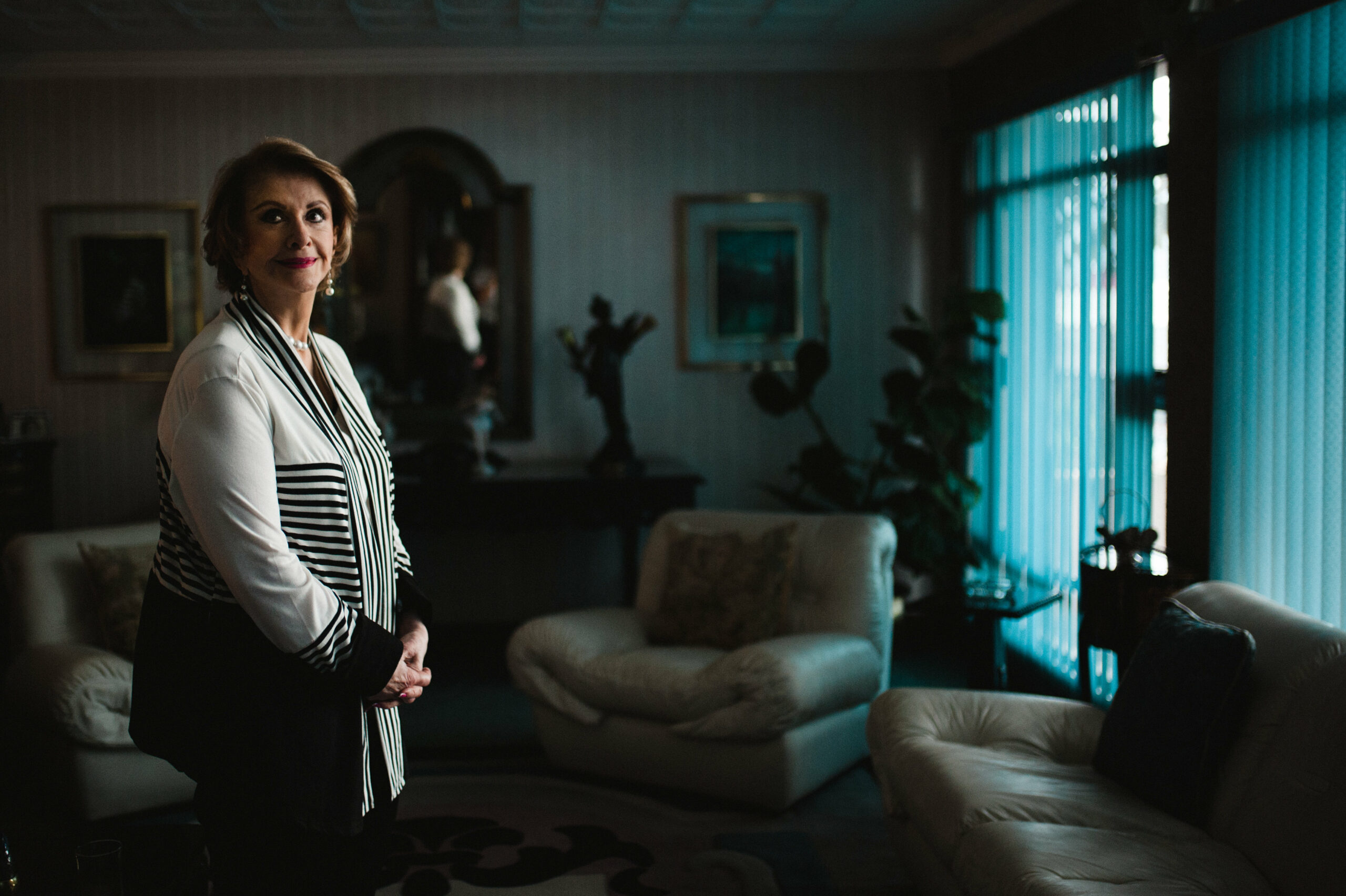
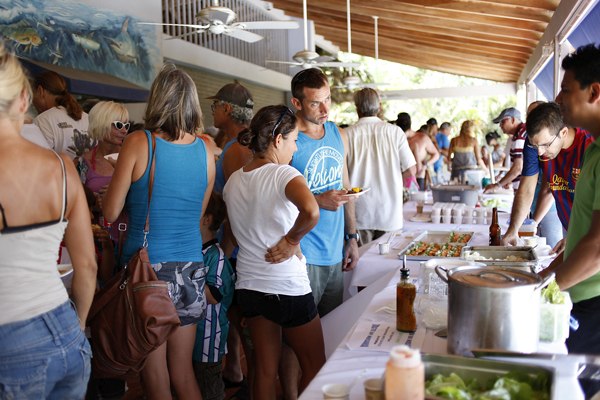
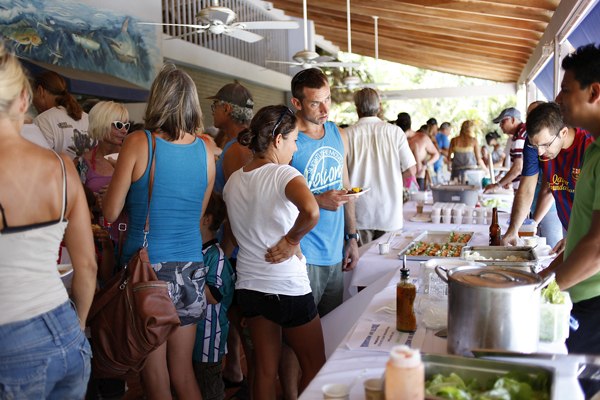
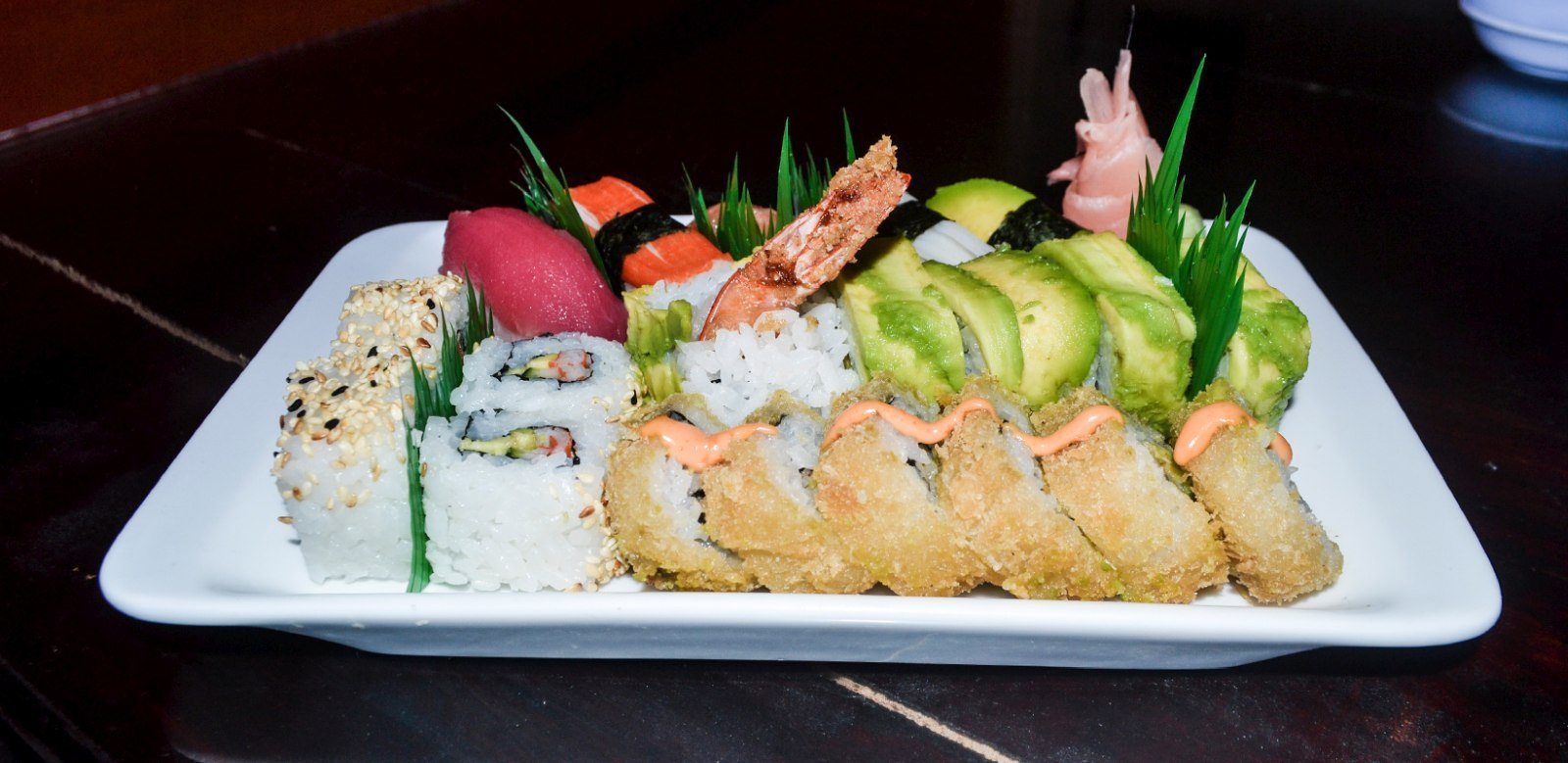

Comments